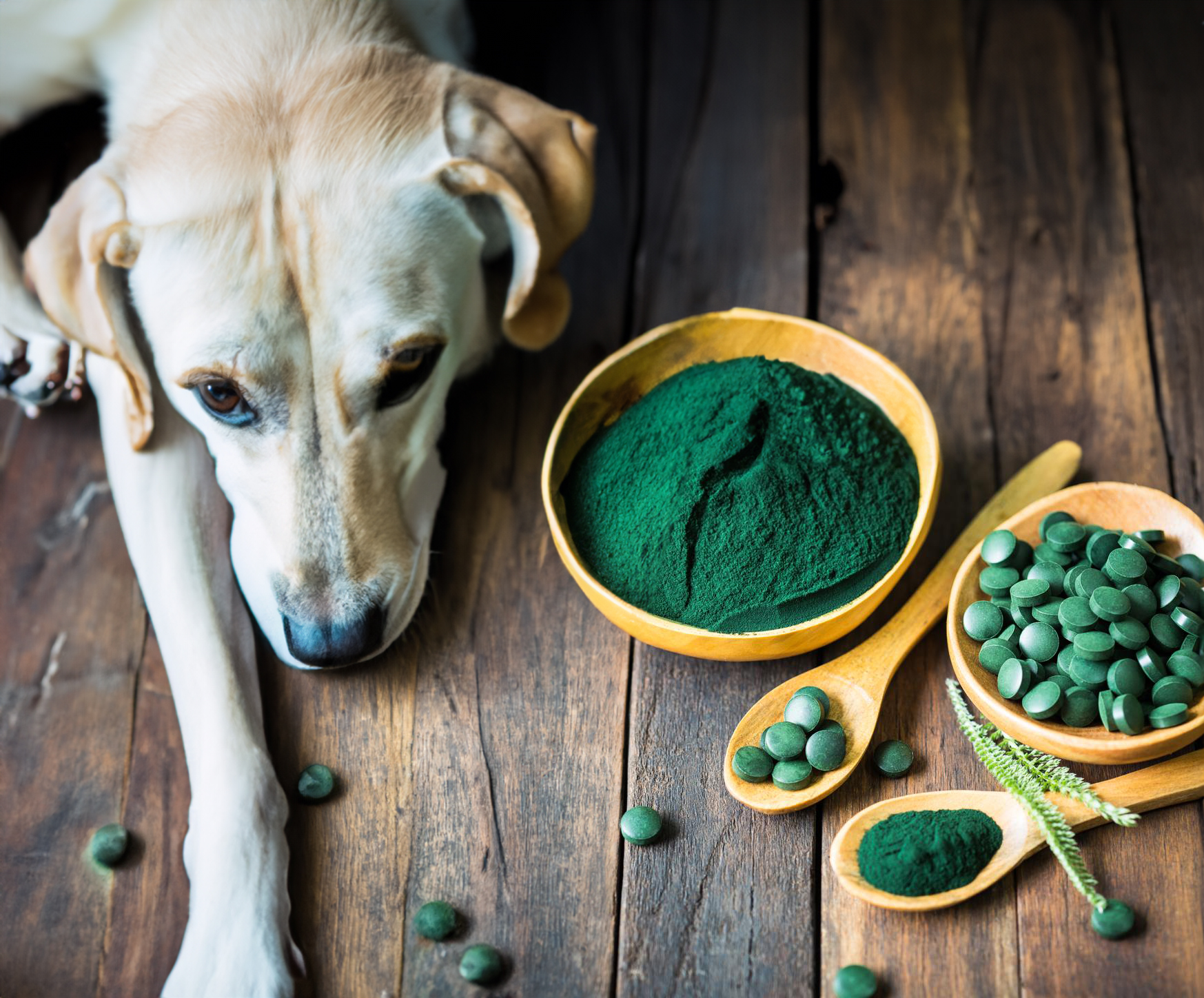If you’re a pet owner, you know that not all human foods are good for our four-legged friends. But what about fenugreek? Is it safe to give this herb to your pup? In this blog post, we’ll provide the lowdown on fenugreek and its potential benefits and risks for your four-legged friend. We’ll also discuss how you can safely introduce this herb into your pup’s diet. Read on to learn more about fenugreek and your pup!
What is Fenugreek?
Fenugreek, also known by its scientific name Trigonella foenum-graecum, is a versatile herb that has been used for centuries in cooking and traditional medicine. It belongs to the Fabaceae family and is native to the Mediterranean region. Fenugreek has small, green leaves and yellowish-white flowers, and its seeds are the most commonly used part of the plant.
In terms of flavor, fenugreek seeds have a distinct aroma and a slightly bitter, nutty taste. They are often used as a spice in Indian cuisine and can add depth and complexity to a variety of dishes. Fenugreek seeds can be used whole or ground, depending on the recipe.
Aside from its culinary uses, fenugreek also has potential health benefits. It is rich in nutrients such as fiber, protein, iron, manganese, and magnesium. Additionally, fenugreek contains compounds that may have anti-inflammatory, antioxidant, and hypoglycemic properties.
When it comes to your dog, fenugreek can potentially offer some health benefits. However, it’s important to note that every dog is unique, and what works for one may not work for another. As with any dietary change or supplement, it’s best to consult with your veterinarian before introducing fenugreek into your dog’s diet.
Nutritional Benefits of Fenugreek for Dogs
Fenugreek, the versatile herb that has been a staple in cooking and traditional medicine, also offers several nutritional benefits for dogs. First and foremost, fenugreek is rich in fiber, which aids in digestion and can help regulate bowel movements. This can be particularly beneficial for dogs with gastrointestinal issues or those prone to constipation.
Furthermore, fenugreek contains protein, which is essential for muscle growth and repair. This can be particularly beneficial for active dogs or those recovering from an injury. Fenugreek is also a good source of iron, which helps support healthy red blood cell production and can prevent anemia in dogs.
Additionally, fenugreek is packed with important minerals such as manganese and magnesium. Manganese plays a vital role in bone health and helps maintain the integrity of connective tissues, while magnesium supports nerve and muscle function.
The antioxidants present in fenugreek can also contribute to your dog’s overall well-being by reducing inflammation and protecting against oxidative damage. This can have a positive impact on your pup’s immune system and may even help reduce the risk of certain diseases.
Risks of Feeding Fenugreek to Dogs
While fenugreek can offer several nutritional benefits for dogs, there are also potential risks to consider before incorporating it into your pup’s diet. One of the main concerns is the potential for allergic reactions. Some dogs may be sensitive or allergic to fenugreek, leading to symptoms such as itching, hives, or gastrointestinal distress. It’s essential to monitor your dog closely after introducing fenugreek and to discontinue use if any adverse reactions occur.
Another risk to be aware of is the potential for gastrointestinal upset. Fenugreek is rich in fiber, which can be beneficial for digestion. However, consuming too much fiber too quickly can lead to gas, bloating, or diarrhea in some dogs. It’s important to start with small amounts of fenugreek and gradually increase the dosage to allow your dog’s digestive system to adjust.
Lastly, fenugreek can have blood-thinning effects. If your dog is on any medication that affects blood clotting or has a bleeding disorder, it’s crucial to consult with your veterinarian before giving fenugreek, as it may interact with these medications and pose a risk to your pup’s health.
How to Feed Fenugreek to Your Dog
Now that you know the potential benefits and risks of fenugreek for your dog, you’re probably wondering how to incorporate it into their diet. Here are some tips on how to feed fenugreek to your furry friend:
- Start Slowly: When introducing any new food or supplement to your dog, it’s important to start slowly. Begin by adding a small amount of fenugreek to their regular meals and gradually increase the dosage over time. This allows their digestive system to adjust and reduces the risk of any gastrointestinal upset.
- Choose the Right Form: Fenugreek is available in different forms, such as seeds, powder, or supplements. Choose the form that is easiest for your dog to consume. Some dogs may prefer the taste and texture of ground fenugreek seeds, while others may find it easier to consume as a powder mixed with their food.
- Mix it in: To make it easier for your dog to eat fenugreek, try mixing it with their regular food. You can sprinkle the fenugreek powder or crushed seeds on top of their kibble or mix it into wet food. This will help mask the taste and make it more palatable for your pup.
- Monitor for Allergic Reactions: As mentioned earlier, some dogs may be allergic to fenugreek.
Keep a close eye on your dog after introducing fenugreek to their diet and watch out for any signs of allergic reactions, such as itching, hives, or gastrointestinal distress. If you notice any adverse reactions, discontinue the use of fenugreek and consult with your veterinarian.
Alternative Supplements for Your Dog’s Health
If fenugreek isn’t the right fit for your dog or if you’re looking for additional supplements to support their health, there are alternative options to consider. One popular alternative is turmeric, which contains curcumin, a compound with anti-inflammatory and antioxidant properties. Adding a sprinkle of turmeric to your dog’s meals can help support their overall well-being.
Another option is coconut oil, which can provide a variety of benefits, such as improved digestion, healthy skin and coat, and immune system support. Additionally, fish oil is often recommended for dogs due to its omega-3 fatty acids, which can support joint health and promote a shiny coat. Always consult with your veterinarian to determine the best alternative supplements for your dog’s specific needs.









